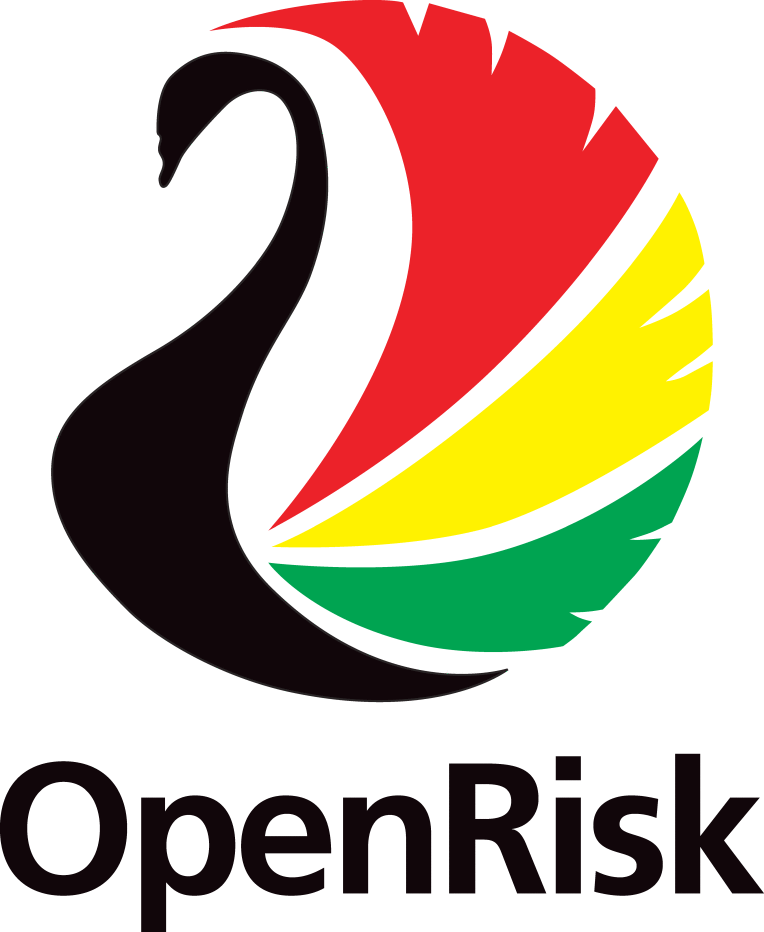Recent Spill Operations
Significant response operations in 2021–2023 at sea and on the shore have been reported by the Baltic Sea states following a request by the HELCOM Secretariat.
In 2021, Estonia, Latvia and Poland reported significant response operations. No significant response operations took place in Denmark, Finland, Germany and Russia. No information was received from Lithuania.
In 2022, Estonia, Finland and Poland reported significant response operations. No significant response operations took place in Denmark, Germany, Latvia, Lithuania and Sweden. No information was received from Russia.
In 2023, Estonia, Finland and Sweden reported significant response operations. No significant response operations took place in Denmark, Germany, Latvia, Lithuania and Poland. No information was received from Russia.
Read more information about the response operations from 2018 to 2023. The list of response equipment of the Contracting Parties can be found in this Excel table.
Timeline of accidental spills in the Baltic Sea
The largest spills recorded in the Baltic Sea took place during the late 1970s and early 1980s. This is not surprising as during that time oil shipments increased rapidly but current safety measures, technology and perhaps also awareness were not in place.
The Globe Asimi accident of 1981, with 16 730 tonnes of oil spilt into the Baltic Sea in the vicinity of Klaipeda (Lithuania), keeps the questionable record of the biggest spill in the history of the Baltic Sea. After several relatively quiet years during the 1980s and 1990s, the Baltic Carrier (2001, 2 700 t) and Fu Shan Hai (2003, 1 200 t) incidents awakened the region again to the threat of large spills.

OpenRisk project — A joint effort to assess the risk of accidental spills from maritime accidents

The OPENRISK project, funded by the EU, aimed to develop a standardized approach for assessing the risk of accidental spills from maritime accidents. This two-year project (2017-2018), with a budget of €500.000, was led by HELCOM. Partner organizations included universities and research institutions with expertise in maritime safety and environmental protection. The project also welcomed participation from related organizations around the Baltic Sea and beyond.
